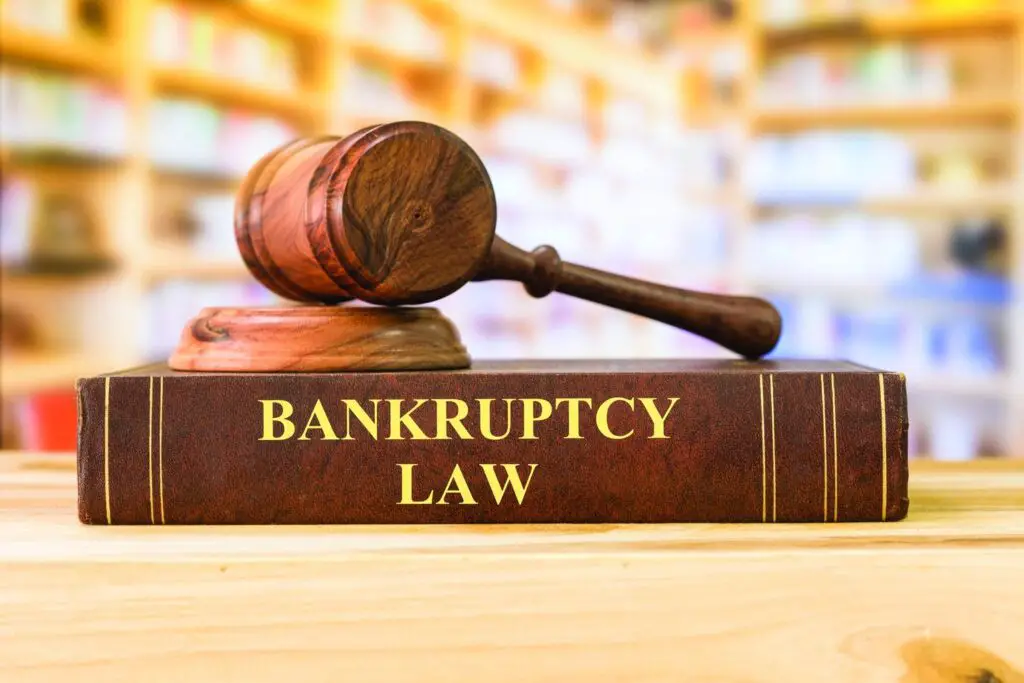Creditors are important because they provide the money that businesses need to operate and grow. Without creditors, businesses would have to rely on their own resources, which are often limited. Creditors give businesses the ability to borrow money to finance operations, expand their product lines, or invest in new technology.
In exchange for the money they lend, creditors typically charge interest. This allows them to earn a return on their investment and helps offset the risk of lending money to a business.
As a business owner, it’s important to understand the role of creditors in your company. Creditors are businesses or individuals that you owe money to. They may be suppliers, landlords, utility companies, or other businesses that you have purchased goods or services from on credit.
While it’s important to keep all of your creditors happy, it’s especially important to maintain good relationships with your secured creditors. Secured creditors are those who have lent you money and have taken collateral as security for the loan, such as a mortgage on your office space or a lien on your equipment. If you default on your loan payments, they can seize and sell the collateral to recoup their losses.
Unsecured creditors are those who have lent you money without taking any collateral as security. While they can’t seize your assets if you default on your loan payments, they can take legal action against you and try to garnish your wages.
It’s important to treat all of your creditors fairly and make sure that you keep up with all of your payments.
By doing so, you’ll avoid damaging relationships and incurring additional costs associated with late payments or defaults.
Table of Contents
Laws Protecting Creditors
What is the Priority of Creditors?
Creditors are individuals or entities to whom a debtor owes money. The priority of creditors is the order in which they will be paid if the debtor is unable to pay all of its debts in full. The first priority is typically given to secured creditors, who have a security interest in the debtor’s assets.
Secured creditors are followed by unsecured creditors, who do not have a security interest in any of the debtor’s assets.
Why is It Important to Protect Creditors?
As a business owner, it’s important to protect creditors in the event that your business is unable to pay its debts. Creditors are typically protected through bankruptcy proceedings, which allow them to receive some or all of the money they’re owed. This can help prevent them from losing money and suffering financial hardship.
It’s also important to protect creditors because they play an essential role in our economy. Without their willingness to lend money and extend credit, businesses would have a much harder time operating and growing.
What are Three Responsibilities You Have to Your Creditors?
Assuming you are referring to responsibilities you have after falling behind on payments or declaring bankruptcy, here are three responsibilities you have to your creditors:
1. You must keep them updated on your current contact information, including address and phone number. This is so they can send you important notices regarding your account or attempts to collect the debt.
2. If you are working with a debt relief company or attorney, you must notify your creditors of this fact and provide them with the third party’s contact information.
3. You must also keep them updated on any changes in your financial circumstances that may impact your ability to repay the debt, such as losing a job or experiencing a decrease in income.
Is It Good to Have Creditors?
Most people would say that it’s not good to have creditors, but there are some situations where having creditors can be helpful. For example, if you’re a business owner, having creditors can provide you with working capital that you might not otherwise have. And if you’re an individual consumer, having creditors can help you finance large purchases or consolidate debt.
Of course, there are also downsides to having creditors. If you don’t manage your debts wisely, you can end up paying more in interest and fees than you would if you had paid cash upfront. And if you default on your payments, your creditor may take legal action against you.
Ultimately, whether or not it’s good to have creditors depends on your individual circumstances. If you’re able to handle your debts responsibly and benefit from the extra funds they provide, then creditor may be a good option for you. But if you’re struggling to make payments or worried about defaulting on your debt, it’s probably best to steer clear of them altogether.

Credit: www.ylfbankruptcy.com
What is Creditor
A creditor is a person or organization to whom you owe money. The term can also refer to the act of lending money or extending credit. When you borrow money from a bank, for example, the bank becomes your creditor.
What is the Role of Creditors in Corporate Governance
Creditors play an important role in corporate governance by providing the financial resources that companies need to grow and achieve their strategic objectives. Creditors also have a vested interest in the success of the companies they lend to, and as such, they can exert significant influence over corporate decision-making.
In recent years, creditors have become increasingly active in corporate governance, using their financial leverage to force companies to make changes that improve shareholder value.
For example, creditors have been successful in pressuring companies to adopt more disciplined financial management practices and to reduce costs. In some cases, creditors have even ousted incumbent management teams and installed new leadership that is more responsive to their interests.
While creditors play a vital role in ensuring that companies are run in a responsible manner, they must also be mindful of the potential conflict of interest that exists between themselves and shareholders.
Creditors must always act in the best interests of the company as a whole, rather than pursuing their own short-term goals.
What is a Creditor in Business
A creditor is a business or individual to whom money is owed. In business, creditors may extend credit to companies or individuals for the purchase of goods or services. The terms of the credit arrangement, including the length of time and interest rate, are usually set by the creditor.
Creditors have a claim on the assets of a company if it becomes insolvent. This means they are paid before shareholders if there are not enough assets to go around. Creditors can take legal action to recover what they are owed if a company does not make payments when they fall due.
Conclusion
It is important for businesses to keep track of their creditors as it provides an overview of how much money is owed and to whom. This information can help businesses budget and make informed decisions about spending. Additionally, it can help businesses negotiate better payment terms with suppliers.

